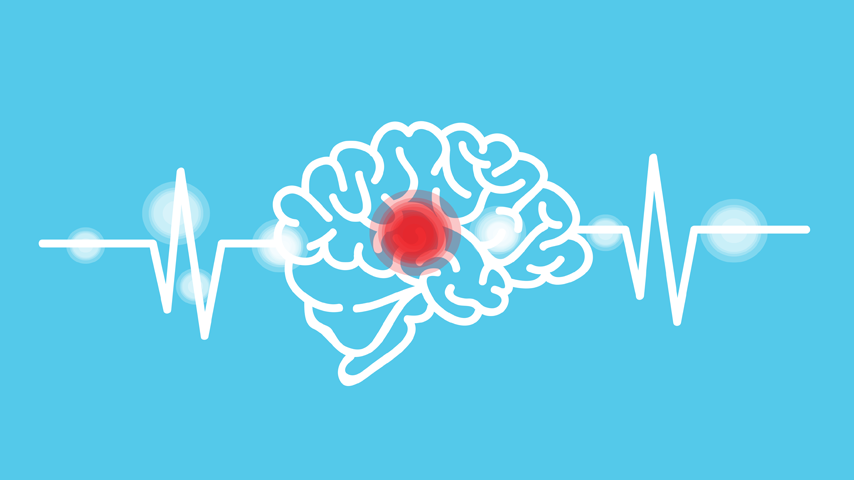World Brain Tumour Day!

There are over 130 different types of brain tumours. The incidence and prevalence of brain tumour is growing in India.
- There are over 130 different types of Brain Tumours
- Brain Tumour is commonest in girls and even in both sexes in Adults
- The incidence and prevalence of Brain Tumour is growing in India with the incidence being 5-10 per a population of one lakh
WHAT IS BRAIN TUMOUR?
Brain Tumour is a growth of abnormal cells that have proliferated in an uncontrolled manner in the tissues of the brain.
TYPES
Malignant - Malignant Brain Tumours can be divided into:
- Primary (Start within the Brain) and
- Auxiliary (Spread from Elsewhere)
Benign Tumours – A mass of cells that grows relatively slowly in the brain
- The most common types of Primary Tumours in adults are Meningiomas (usually Benign) and Astrocytomas such as Glioblastomas.
- In children, the most common type is a Malignant Medulloblastoma.
- Secondary, or Metastatic, Brain Tumours are about four times more common than Primary Brain Tumours, with about half of Metastases coming from Lung Cancer.
FACTS
- Brain Tumour can occur at any age
- The symptoms of Brain Tumour depend on their size, type, and location
- Family history and high dose X-Rays are risk factors for Brain Tumour
GENERAL SIGNS AND SYMPTOMS
- New onset or change in the pattern of headaches
- Unexplained nausea or vomiting
- Vision and Hearing Problems
- Gradual loss of sensation or movement in an arm or a leg
- Difficulty with balance
- Speech difficulties
- Seizures, especially in someone who doesn't have a history of seizures
DIAGNOSIS
- Neurological Examination
- Imaging tests.
- Diagnostics Scans
- Biopsy - Collecting and Testing a sample of Abnormal Tissue
- Grading
- Biomarkers
TREATMENTS
The following treatments are suggested according to their type, grade, and position of Tumour and the general health of patients.
- Steroids
- Surgery
- Anti-Seizure Medication
- Radiotherapy
- Chemotherapy
- Ventricular Peritoneal Shunt
- Surgery
TYPES OF BRAIN TUMOUR SURGERIES
- Craniotomy - Surgical removal of part of the bone from the skull to expose the brain and to separate the Tumour.
- Minimally Invasive Endonasal Endoscopy - Removal of the Tumour from one of these hard-to-reach locations through the nasal passages.
- Minimally Invasive Neuroendoscopy - Removal of the Tumour through small holes in the skull or through the mouth or nose.
- Deep Brain Stimulation - A Neurosurgical procedure that involves implantation of electrodes within thespecific targeted areas of the brain.
CARE AND RECOVERY AFTER BRAIN SURGERY
After Brain Surgery, it will take time for the patient to return to his/her usual level of energy. The amount of time required to recover after brain surgery is different for each person and depends on:
- The procedure used to remove the brain tumor
- The location of the tumor within the brain
- The patient’s age and overall health
- Areas of the brain affected by the surgery
- Rehabilitation Therapy
Surgery for brain Tumours can cause problems with thoughts, feelings, and behaviors. After surgery, the patient may need help recovering. Rehabilitation Specialists such as, Physical Therapists, Occupational Therapists, and Speech-Language Pathologists will provide assistance.
BGS Gleneagles Global Department of Neuro sciences provides best care and facilities for diseases/conditions related to brain.










